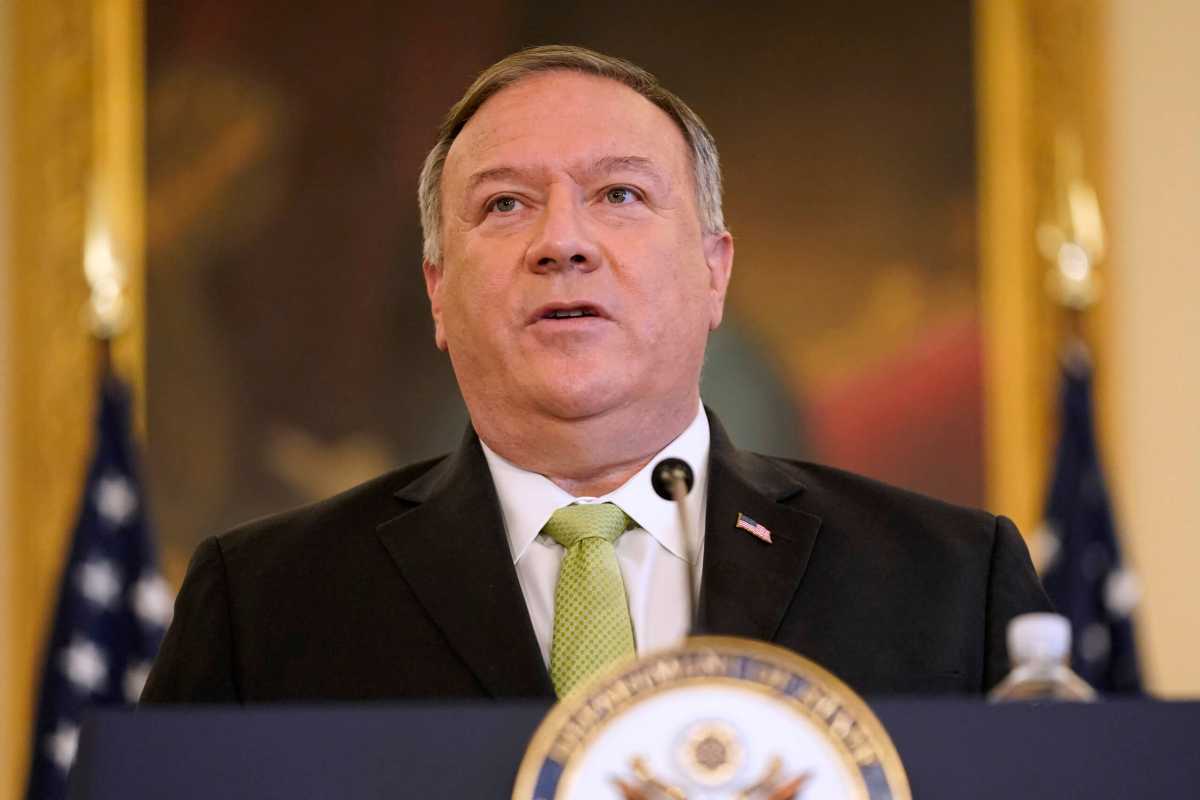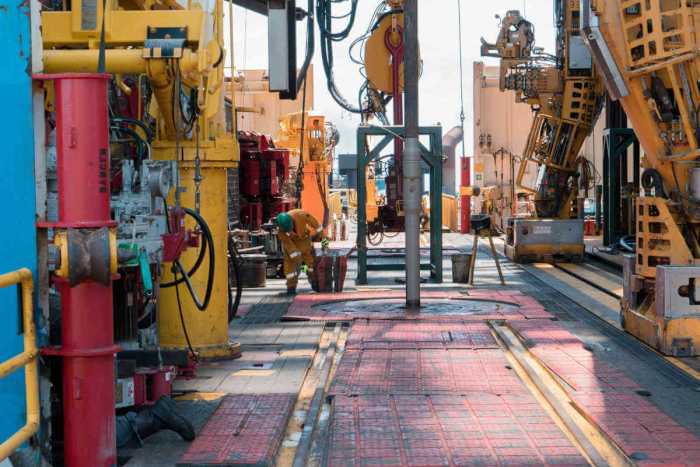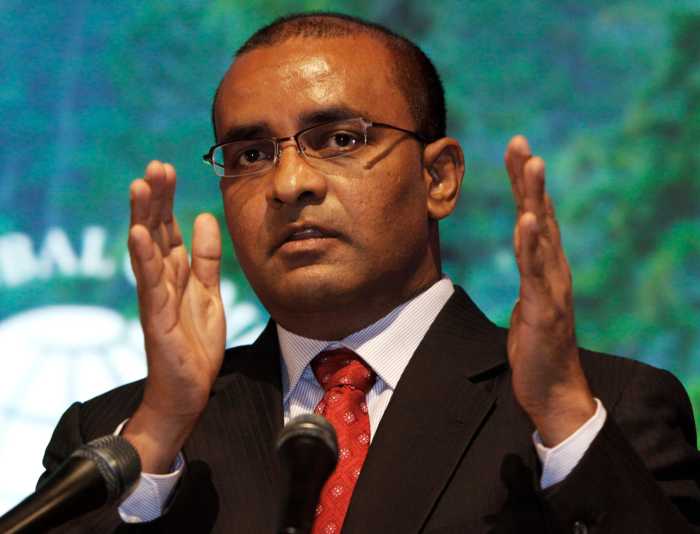American Secretary of State Mike Pompeo included Caribbean Community members, Guyana and Suriname as part of a four-nation swing through northern South American last week as he tried to drum up support for Washington’s avowed efforts for regime change in Venezuela and its push to muscle out Chinese businesses from this part of the world.
While he did not hide the US’s disdain for the Nicolas Maduro administration in Caracas, Pompeo was just as open about the Trump administration’s unease with the growing footprint of massive Chinese state and private enterprises in Guyana and Suriname as well as in Colombia and Brazil where he also visited during the whirlwind four-day visit.
His visit was marred by suspicions in every country, not as much as Suriname which does not share borders with Venezuela, that Pompeo was trying to secretly drum up military and other forms of support for some kind of move against Venezuela ahead of the US elections on Nov. 3.
Governments in most of the countries were forced on the defensive to explain the true nature of the visit with rights groups, opposition parties and the major media house in Guyana, particularly, warning the Irfaan Ali government not to ensnare the country in the middle of the US’s geopolitical fight with Venezuela as the consequences would be dire if and when any operation is finished and the Americans walk away.
But Pompeo was also clear to let the world know that America has become jealous of and concerned about the rise and influence of mega Chinese businesses in the Caribbean and neighboring South America, warning about China’s sinister intentions when doling out loans and other forms of aid.
“China operates very differently. No state-owned operation can beat the quality of the products and services of American private companies. We’ve watched the Chinese Communist Party invest in countries, and it all seems great at the front end and then it all comes falling down when the political costs connected to that become clear. We’ll show up, we’ll bring capital, we’ll bring resources. We’ll often bring technological capabilities that are much needed to develop resources, develop infrastructure for your country, but we don’t do so with political strings tied to them. We don’t operate the way other regimes do, who might show up with money and then demand political retribution, or worse yet, engage in activity that is corrupt.”
In Guyana he signed a framework agreement covering trade and investment with a particular eye on opportunities that will flow from massive oil finds in Guyana and neighboring Suriname. Pompeo wanted to make sure American businesses will dominate the opportunities from Guyana’s fledgling petro sector with its more than 20 successful oil wells drilled so far, most with the lightest and sweetest crude found anywhere in the world.
From The Bahamas, Belize and Jamaica in the north of the Caribbean Community as well as the Eastern islands in the middle to Guyana and Suriname, Chinese businesses are flourishing, building massive road networks, airports, paving runways and building other massive infrastructural projects. The Chinese had moved in quietly during the period when the US had boasted and bragged about being more focused on Middle Eastern wars, chasing Osama Bin Laden and trying to dominate Afghanistan.
Now Washington is in a desperate hurry to turn the tables, with Pompeo forced to play the role of chief sales and marketing pitchman, comparing the quality of American versus Chinese products and methods of dealing with grant and commercial aid. As an indication of the situation, Guyana has since 2018 signed in to China’s Belt & Road Initiative, which Pompeo swiped at nastily, suggesting that this could tie up small and vulnerable nations in debt knots for decades to come.
Pompeo had barely left Guyana when the Chinese answered him, contending that no strings are attached to bilateral cooperation “which bring tangible benefits to countries and peoples in the region. This is an objective fact that anyone without prejudice will admit.”


















